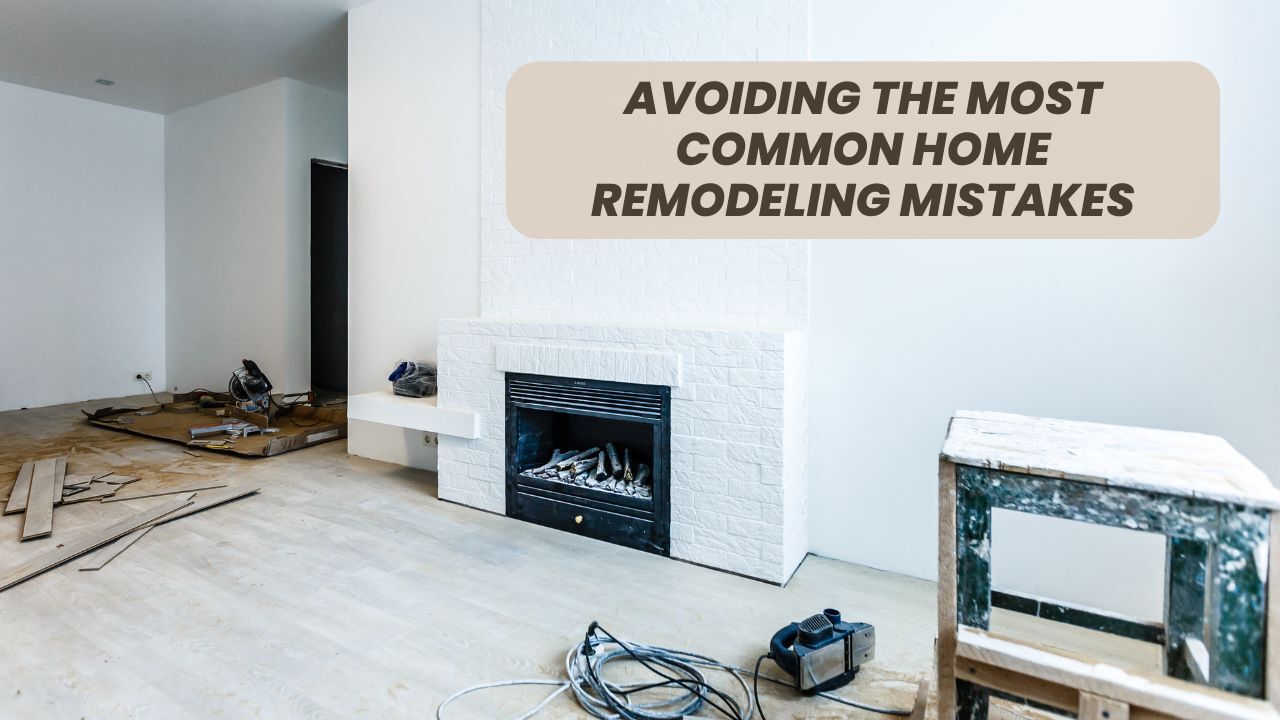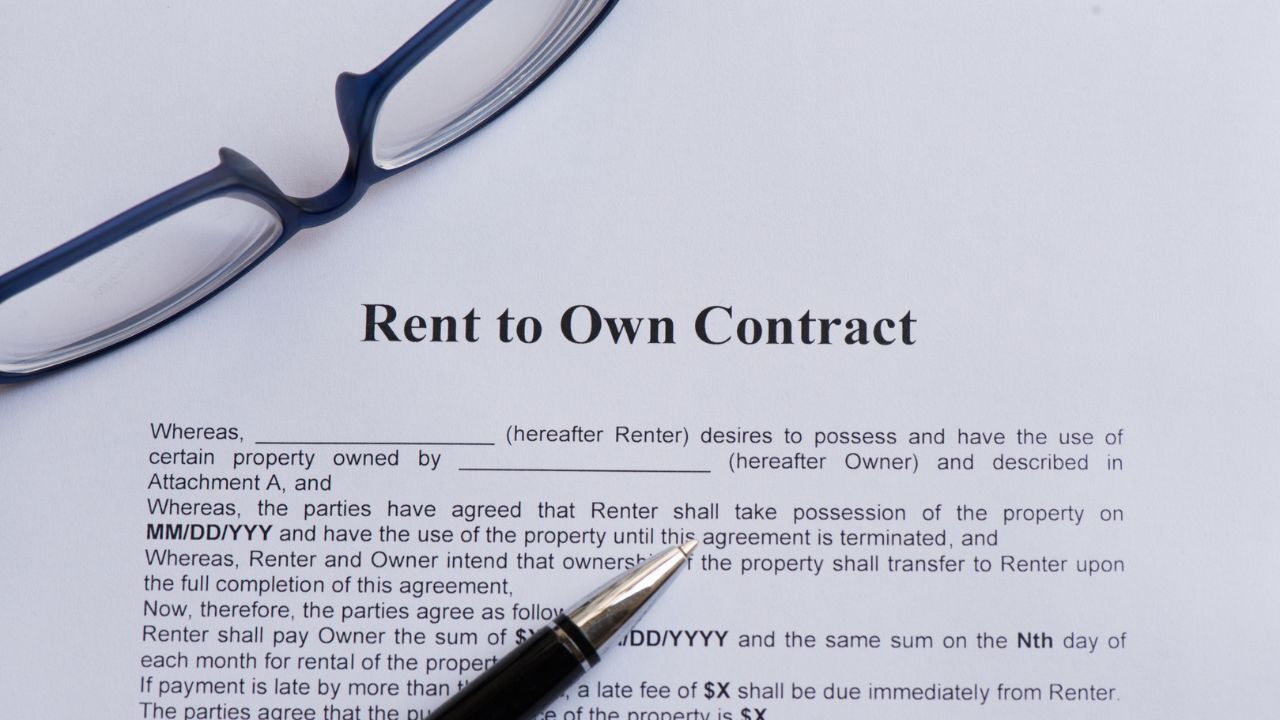 When it is time to sell your home, you do not always need major renovations to impress buyers. In fact, many small, affordable upgrades can create a big impact on your home’s resale value. As real estate professionals, we often see buyers fall in love with homes that simply feel updated, welcoming, and well cared for. With the right improvements, you can boost your home’s appeal and stand out in a competitive market without spending a fortune.
When it is time to sell your home, you do not always need major renovations to impress buyers. In fact, many small, affordable upgrades can create a big impact on your home’s resale value. As real estate professionals, we often see buyers fall in love with homes that simply feel updated, welcoming, and well cared for. With the right improvements, you can boost your home’s appeal and stand out in a competitive market without spending a fortune.
Start With Fresh Interior Paint
A fresh coat of paint is one of the most cost-effective upgrades you can make. Neutral colors help buyers visualize their own décor and create a clean, updated feel throughout your home. Paint can brighten dark rooms, modernize outdated spaces, and cover small imperfections. This quick upgrade adds value because it makes your home look move-in ready, which is exactly what buyers want.
Upgrade Lighting for Instant Warmth and Style
Swapping out old light fixtures can transform your home’s appearance instantly. Updated lighting makes rooms feel brighter, larger, and more inviting. Consider replacing outdated ceiling lights, adding under-cabinet lighting in the kitchen, or using warm LED bulbs for a softer atmosphere. Well-lit spaces photograph better and give buyers a positive first impression the moment they walk in.
Refresh Hardware and Fixtures
Old cabinet handles, worn doorknobs, and dated faucets can make a space feel tired. Replacing these small items creates a surprisingly big impact. Choose modern, cohesive finishes like brushed nickel, matte black, or polished chrome to give your kitchen and bathrooms a fresh, stylish look. These updates take little time but can make your home feel significantly more updated.
Boost Curb Appeal With Simple Exterior Touches
Buyers form opinions before stepping inside, so curb appeal always matters. Basic improvements like fresh mulch, trimmed shrubs, a clean walkway, or a newly painted front door can elevate your home’s exterior instantly. Adding a few potted plants or updating your house numbers gives your home a polished look. These small touches signal to buyers that the home has been cared for.
Improve Storage and Organization
Buyers love homes that feel functional and spacious. Adding closet organizers, pantry shelving, or simple garage storage solutions can increase your home’s perceived value. These upgrades make it easier for buyers to envision an organized lifestyle and help highlight the home’s full potential. Even small storage improvements can make your home more appealing during showings.
Small upgrades can have a big impact when preparing your home for sale. By focusing on freshness, lighting, curb appeal, and simple modern touches, you can increase your home’s value and attract more buyers without taking on major renovation projects.
 Selling your home is a major milestone, and preparation plays a key role in achieving a strong result. Buyers form opinions quickly, and thoughtful updates can influence both interest and offers. These steps help position your home to appeal to today’s buyers while maximizing value.
Selling your home is a major milestone, and preparation plays a key role in achieving a strong result. Buyers form opinions quickly, and thoughtful updates can influence both interest and offers. These steps help position your home to appeal to today’s buyers while maximizing value. For many homeowners, pets are family, so it is natural to want a home that works for both humans and furry friends. The good news is that pet-friendly design does not have to compromise style or hurt resale value. In fact, many upgrades that make life easier for pets also appeal to future buyers.
For many homeowners, pets are family, so it is natural to want a home that works for both humans and furry friends. The good news is that pet-friendly design does not have to compromise style or hurt resale value. In fact, many upgrades that make life easier for pets also appeal to future buyers. Finding a home with a low price can feel exciting, especially in a competitive market. However, the lowest priced home on the block is not always the best value. While it may seem like a smart way to save money, the true cost often becomes clear only after you look deeper. Understanding the risks and hidden factors can help you avoid a purchase that may cost more in the long run.
Finding a home with a low price can feel exciting, especially in a competitive market. However, the lowest priced home on the block is not always the best value. While it may seem like a smart way to save money, the true cost often becomes clear only after you look deeper. Understanding the risks and hidden factors can help you avoid a purchase that may cost more in the long run. Remodeling your home can be exciting, but it can also lead to frustration if you run into unexpected problems. Many homeowners make the same mistakes when they start renovation projects, which can lead to delays, extra costs, and disappointing results. With a little planning and the right guidance, you can avoid these common issues and enjoy a smooth and successful remodel.
Remodeling your home can be exciting, but it can also lead to frustration if you run into unexpected problems. Many homeowners make the same mistakes when they start renovation projects, which can lead to delays, extra costs, and disappointing results. With a little planning and the right guidance, you can avoid these common issues and enjoy a smooth and successful remodel. Selling a home through a rent-to-own agreement can create a flexible path for both sellers and future buyers. This arrangement allows a tenant to live in the home while preparing to purchase it later, giving the seller steady income and a committed future buyer.
Selling a home through a rent-to-own agreement can create a flexible path for both sellers and future buyers. This arrangement allows a tenant to live in the home while preparing to purchase it later, giving the seller steady income and a committed future buyer. Home renovations can be exciting, but not every project adds the same return on investment. Whether you are planning to sell soon or simply want to boost your property’s value, understanding which upgrades offer the best payoff helps you make smart decisions. Strategic improvements can make your home more appealing to buyers and increase its long-term value.
Home renovations can be exciting, but not every project adds the same return on investment. Whether you are planning to sell soon or simply want to boost your property’s value, understanding which upgrades offer the best payoff helps you make smart decisions. Strategic improvements can make your home more appealing to buyers and increase its long-term value. Buying a home is one of the biggest financial moves you will ever make, and while it can feel overwhelming, approaching it the way a real estate professional does makes the process smoother and more strategic. With the right preparation and mindset, you can shop confidently and make smart decisions from start to finish.
Buying a home is one of the biggest financial moves you will ever make, and while it can feel overwhelming, approaching it the way a real estate professional does makes the process smoother and more strategic. With the right preparation and mindset, you can shop confidently and make smart decisions from start to finish. For many homewners, pets are not just animals, they are cherished family members. As a result, more buyers are prioritizing pet needs when searching for their next home. Whether it is a fenced backyard for a playful puppy or a neighborhood that welcomes animals, pet-centered home buying has become one of the most important trends in real estate.
For many homewners, pets are not just animals, they are cherished family members. As a result, more buyers are prioritizing pet needs when searching for their next home. Whether it is a fenced backyard for a playful puppy or a neighborhood that welcomes animals, pet-centered home buying has become one of the most important trends in real estate. In a competitive real estate market, buyers often hear about waiving contingencies to make their offer more attractive. While this strategy can help secure a home in high-demand areas, it also comes with risks that should be carefully considered before deciding.
In a competitive real estate market, buyers often hear about waiving contingencies to make their offer more attractive. While this strategy can help secure a home in high-demand areas, it also comes with risks that should be carefully considered before deciding.